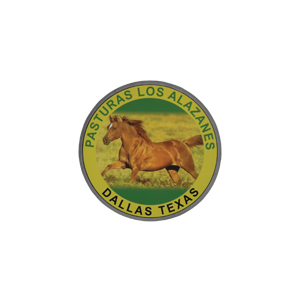Horse Feeding Pitfalls: Forage
Ideally, the average horse's ration is primarily hay and pasture grass, with modest amounts of concentrates, such as grain, pelleted or sweet feed. But frequently, little emphasis is placed on the quality of forage .

Ideally, the average horse's ration is primarily hay and pasture grass, with modest amounts of concentrates, such as grain, pelleted or sweet feed. But frequently, little emphasis is placed on the quality of forage .

The first few weeks of a foal’s life can be the highest risk period in the life of a horse. There are several gastrointestinal disorders that can quickly drain the health of your foal and cause failure to thrive.

A variety of "old horsemen's tales" once advised withholding water from horses under particular circumstances. For example, many people still adhere to the notion that offering cold water to a hot, sweating horse will cause colic.

In our continuing series regarding horse feeding pitfalls, we now turn to the need for salt in the equine diet.

One common mistake is adding supplements to the horse's diet without first checking to see if the ration is already overloaded with any specific nutrients.

In any catalog or feed store today you'll find a variety of bagged feeds labeled for specific types of horses--growing youngsters, hardworking adults, broodmares, senior citizens, etc. All are formulated to provide the exact amount of calories and nutrition those animals need, and giving the wrong feed to the wrong...

If you are feeding by volume rather than weight you may be over or under feeding.